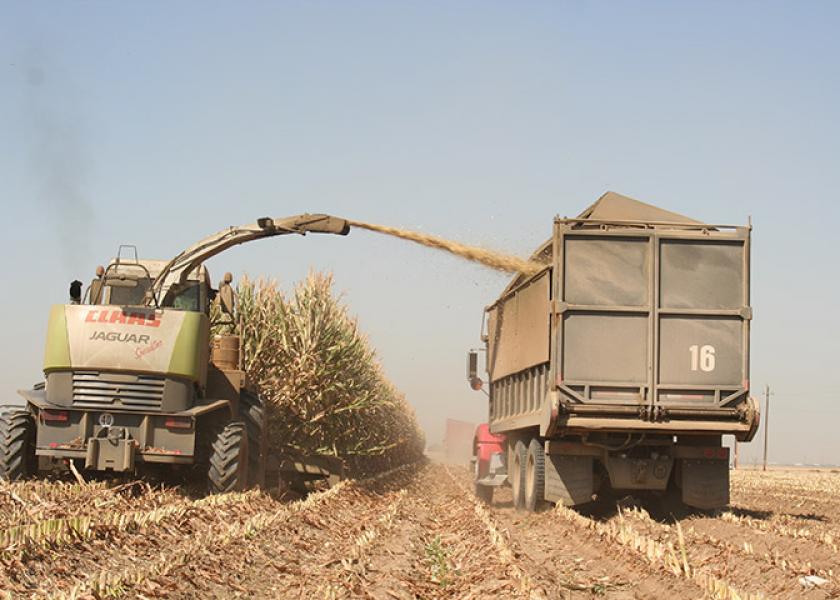Safety Tips for Part-Time Farm Help During a Busy Season

The crisp morning breeze and the rustling of corn stalks signal that fall is on its way. The changing of the seasons means farms will soon be firing on all cylinders to make sure everything gets done. To speed things along, some farms enlist outside help. And while the extra set of hands can help lessen the load, they also present safety risks.
Ginger Fenton, extension educator for Pennsylvania State University, says infrequent farmers can be both a blessing and a curse. They step up to the challenge to help make sure everything gets done, but they may also lack the training to ensure the job is performed safely.
“Think about who farmers call on when they need extra help,” she says. “This may include members of the family who may not be involved with the day-to-day operations of the farm, including a spouse or partner, a high school or college student, a parent who has stepped back from the farming operation, a retired neighbor, or even other farmers. The people in this labor pool are less likely to be familiar with daily operations on the farm.”
To ensure safety measures are being met in your operation, Fenton recommends the following tips:
- Make the message clear to all helpers that safety is important on your farm.
- Have two-way communication with all of your helpers. This includes having a conversation to find out what their skill set includes and what their comfort level is with necessary tasks. If someone is not comfortable, listen to them and provide them with the needed instruction, or find another person to perform that task.
- Prepare ahead of time for situations when extra helpers may be part of your operation. Some examples of preparation include listing step-by-step directions with safety practices built into them in an accessible location, having manuals or training materials on hand for reference, posting signs and reminders, and including these helpers in meetings to review farm safety practices.
- Perform routine maintenance on farm equipment, including making sure that guards and shields are in place. Fix your equipment if wear or breakage has made the operation more challenging.
- Have needed personal protective equipment (PPE) on hand for certain tasks such as gloves for milking.
- Build the confidence and skill of your less experienced helpers by giving tasks that are manageable for that person. Start small, if needed.
- Review operation procedures for equipment, including how to stop or disengage. Don't assume every operator will have the same ability. Be sure the helpers know who to call or how they can get help if needed.
- If you are the one helping in a pinch, be alert and look out for yourself. Be aware of your situation and your surroundings on the farm. If you have questions, ask them. Review basic instructions for equipment before operating and repeat it back or demonstrate the task to your instructor to reinforce your understanding.







